5 Benefits of Using Coffee Grounds in Gardening
Emily Fielder2024-08-29T07:43:40-06:00Coffee grounds are a popular organic material in gardening. They offer a quick, easy way to add nutrients to your soil and enhance soil quality. You can use coffee grounds in many ways. From fertilizer to deterring wasps and other pests, coffee grounds are a handy tool for gardeners.
1. Coffee Grounds as Fertilizer
Yes, coffee grounds make an excellent fertilizer. They are rich in nitrogen, an essential nutrient for plant growth. When added to soil, coffee grounds release nitrogen slowly, supporting healthy foliage development. In addition to nitrogen, coffee grounds contain small amounts of other nutrients like phosphorus and potassium, vital components in plant nutrition. Be sure to mix the coffee grounds into the soil or compost them before using. Composted coffee grounds are particularly beneficial as they balance the carbon-to-nitrogen ratio, improving soil structure and fertility.
2. Coffee Grounds as a Pest Repellent
Coffee grounds can indeed repel certain pests, particularly slugs and snails. We do not know the exact mechanism, but we suspect the caffeine may be toxic to these pests, deterring them from feasting on your plants. Additionally, the gritty texture of coffee grounds can act as a physical barrier. This barrier makes it difficult for pests to navigate the soil and reach plants. While not a foolproof solution, spreading coffee grounds around plants can help reduce pest activity in the garden.

3. Coffee Grounds for Soil Preparation & Maintenance
Coffee grounds have several other applications in garden care as well. You can use them as a mulch to help retain soil moisture, suppress weeds, and moderate soil temperature. Depending on your soil type, coffee grounds can improve soil structure by enhancing aeration and drainage. Coffee grounds are also beneficial in composting. Due to their nitrogen content, they are considered a “green” compost material. Additionally, when balanced with “brown” materials like leaves or straw, they help produce rich, fertile compost.

4. Beneficial Chemical Components
The effectiveness of coffee grounds in gardening is due to their chemical composition. As mentioned, they are high in nitrogen, which is vital for plant growth. They also contain other nutrients like phosphorus, potassium, calcium, magnesium, and trace amounts of micronutrients. The presence of organic acids and caffeine may also contribute to the grounds’ ability to repel pests and alter soil pH, although their acidifying effect is generally minimal.
5. Supplement for Other Garden Products
Coffee grounds make a great supplement in the garden. You can substitute them for synthetic fertilizers, especially in organic gardening, to provide a steady supply of nutrients as they decompose. However, they should not entirely replace balanced fertilizers, especially in nutrient-deficient soils. Coffee grounds can also replace or complement mulch, offering weed suppression and moisture retention, though it is best to use them in combination with other mulching materials.
Why Coffee Grounds Are Handy for Gardeners
Coffee grounds are a handy tool for gardeners because they are a free, readily available resource that provides multiple benefits. They enrich the soil, improve its structure, help with water retention, deter pests, and can even be used in composting. Their versatility makes them an eco-friendly option for sustainable gardening, reducing the need for synthetic chemicals and enhancing garden productivity naturally.
While coffee grounds are not a miracle solution, they offer significant benefits when used appropriately in gardening. Their nutrient content, pest-repelling properties, and ability to improve soil structure make them a valuable resource for any gardener looking to enhance their garden’s health and sustainability.
Whether you’re an experienced gardener looking for ways to expand your home garden or just getting started, PlantTAGG can help! Download the app (available for download in the App Store and Google Play) to get started today!


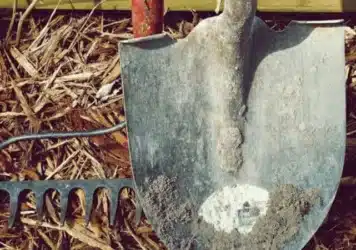
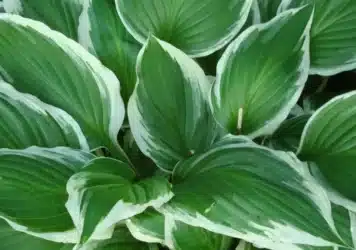
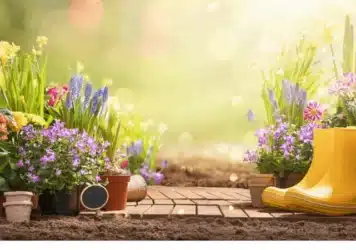
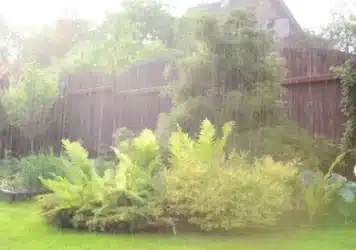

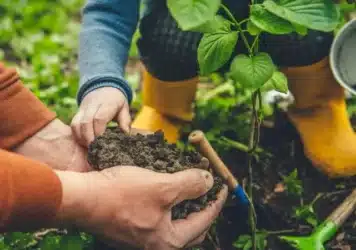
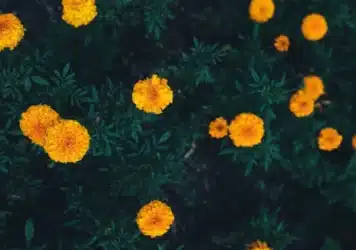
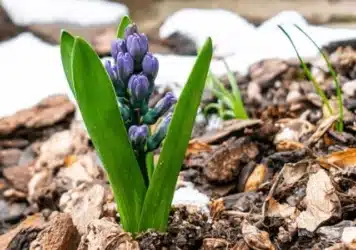
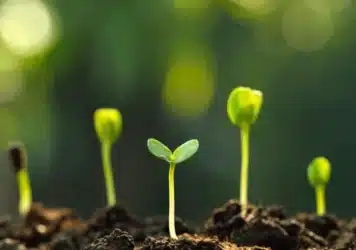
Comments (2)
Your article was very interesting. A non-coffee appreciating individual, I never drink it – but my family are addicts and drink it constantly, especially during cold weather. For some reason, I always thought that the grounds were harmful to plants – glad to know that they are not. Already thinking of a small tub/container that I can put on the counter so that there will be no reason not to take advantage of all the benefits..
I have found that the only problem with having a container on the counter is that it will get moldy so you will have to put the grounds out about every week.